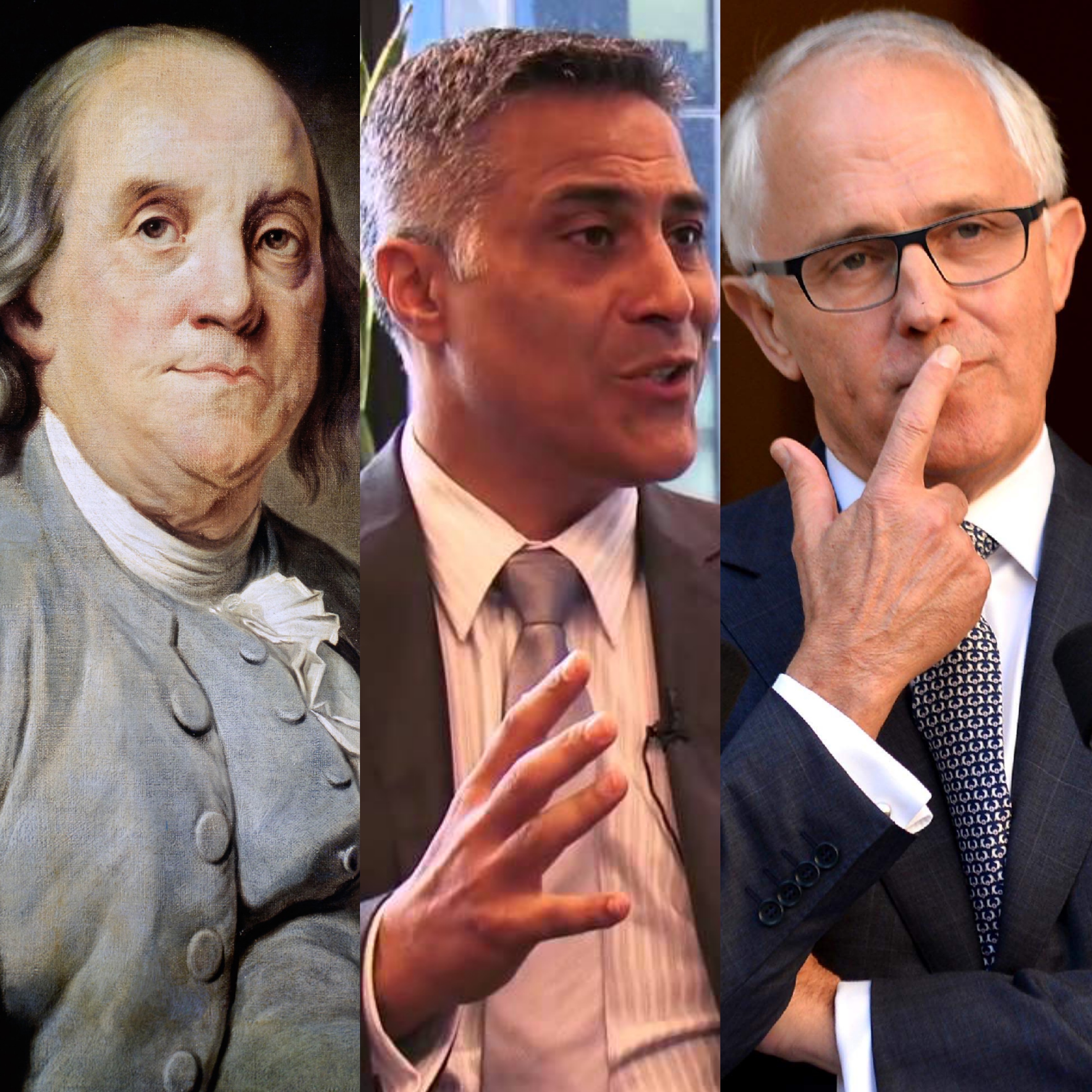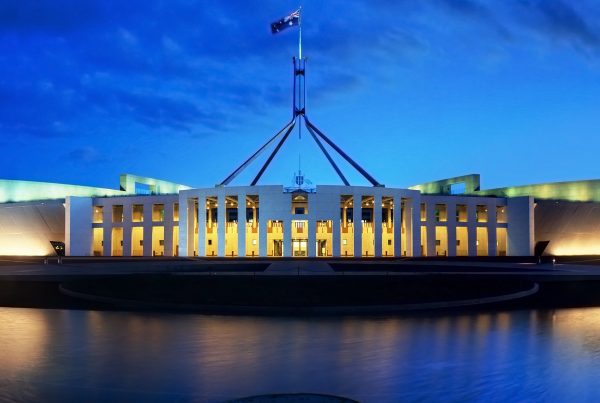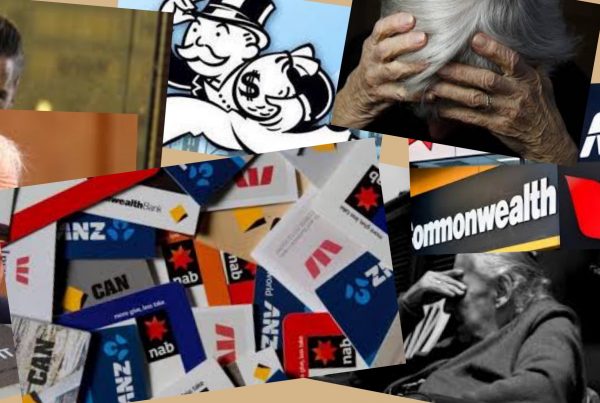Ian Narev (Commonwealth Bank), Ahmed Fahour (Australia Post), Deb Thomas (Dreamworld) are all defined by events in which they lost control of the narrative. Their reputations, I think for at least the next five years, are tarnished.
The above cases are, in a way unfair, because each person is complex, gifted with many attributes, and shouldn’t be defined simplistically in media and social.
But the reality is, if you stick your head up sometimes you are going to take a whack! That’s why it’s important to prepare for such an eventuality.
For all of us, building a reputation can be part of a life plan, involving forethought, and an awareness of others’ expectations.
There’s a wonderful book, Fierce Conversations, in which author, Susan Scott, asserts that every conversation contributes to your reputation, up or down, so make it count!
 Significant people have built reputation by embracing the Five-Hour Rule credited to Benjamin Franklin, who used one hour in the early morning, Monday to Friday, to plan a ‘resolution of the day’, and study. It quickly becomes a habit, and a variation on this has, for me, been life-changing.
Significant people have built reputation by embracing the Five-Hour Rule credited to Benjamin Franklin, who used one hour in the early morning, Monday to Friday, to plan a ‘resolution of the day’, and study. It quickly becomes a habit, and a variation on this has, for me, been life-changing.
In this ‘can’t hide’ era, the pressure on reputation is much greater and I think every leader must earn reputation credits and be aware of reputation risks.
Reputation credits
Leaders need them for when a plan backfires, as will probably happen at some point during their career. They’re to draw-down when things go wrong.
It’s not good enough to be a quiet achiever and have the respect of your executive team. If there’s an adverse event, now, the media including social is too powerful. So, every leader, and every wannabe, needs a positive public profile.
It’s not hard, the upside of social media is easy access to an audience; all it takes is some planning and time. A leader needs to be driven by a vision, and good values and behaviours. There’s no quick outcome here – the faster the rise the faster they fall.
And you’ll still get hammered when things go pear-shaped, but that crisis might be dismissed as a mistake instead of a character flaw or systemic failure.
To many people, Malcolm Turnbull still has some credits stockpiled, because they remember his values and behaviours before he became PM when he was not compromised by the right-wing of his party.
Alan Joyce (Qantas), following his successes, is able to draw down credits with those who object to the airline taking a corporate position on the same-sex marriage debate. Even his absurd salary this year avoided the kind of public condemnation metered out to AusPost’s Fahour.
Reputation risk
Every decision requires two assessments – opportunity and risk. The opportunity you, the optimist, will always have calculated.
But the risk? What’s the worst that can happen; what will I do when a crisis occurs, such as a financial misconduct or sex-abuse allegation against your organisation going viral on social media? As well as affecting the company brand, increasingly, such incidents impact the personal reputation of an organisation’s leaders.
Thinking through those scenarios is rarer – even in the PR industry which prides itself on its reputation management expertise.
Bell Pottinger’s (high profile London-based PR company) catastrophe in South Africa is one of the worst recent cases of poor governance/risk assessment. The company bizarrely and abhorrently attempted to inspire racial hatred in a campaign, even pitting one client against another on social. Apparently there was no assessment or proper oversight from the company’s London headquarters; no excuses.
I’m not suggesting, “Don’t take risks”; risk is good. It depends on your appetite, but if you want to take big risks, have strong safety mechanisms which allow you to manage your reputation and maintain control of the narrative even in difficult situations.
After all, to go super-fast, racing cars have the safest tyres and the strongest brakes. The safer they are the faster they can go!
There’s a broader think piece on this topic in the @NYT, here





